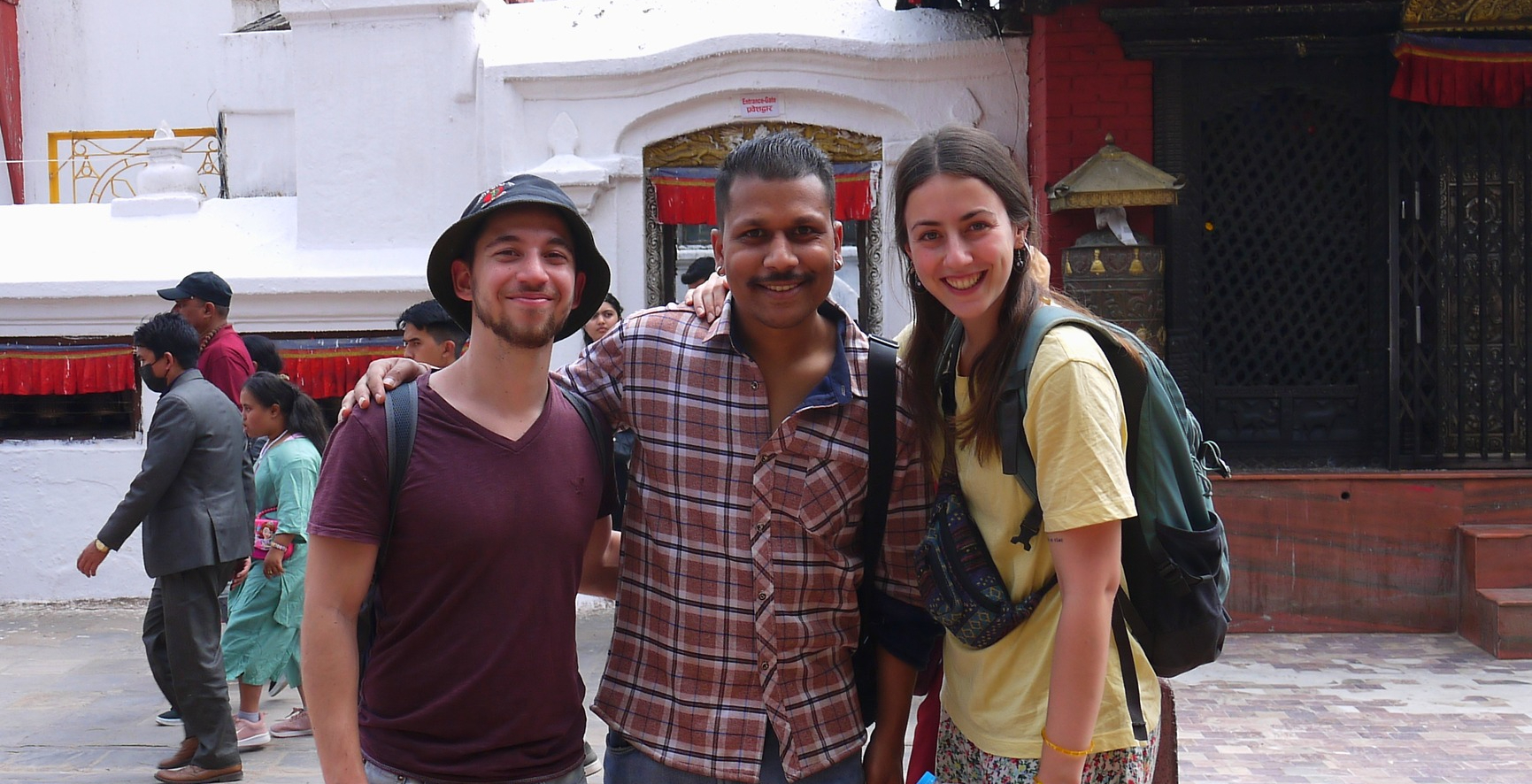There’s something magical about traveling. The thrill of boarding a plane, the smell of unfamiliar streets, the rush of seeing monuments you’ve only read about. But here’s the truth: the heart of a country isn’t in its museums or postcard views. It’s in its people—their kitchens, their laughter, their everyday struggles and joys.
Traveling to another country and choosing to live with local families or spending time volunteering, can transform your journey into something unforgettable. Instead of just collecting photos, you collect stories, connections, and wisdom that no guidebook can offer.
Take Nepal, for instance. Tourists flock here for the Himalayas, temples, and ancient history. But beyond the trekking routes and city squares, there are communities where children grow up with very little, yet smile as if they own the world. Spending even a week with them—sharing songs, teaching English, playing games—leaves an imprint that lasts a lifetime.
Sujan Pariyar, who runs a free community education program for underprivileged children in Kathmandu, has seen this magic firsthand. “When travelers sit with our children, they don’t just teach,” he says. “They listen, they laugh, and they learn. Both sides leave richer. The children feel valued, and the visitors take home more than souvenirs—they take home love and perspective.”
This isn’t about charity; it’s about exchange. As Sujan explains, “People often come thinking they are here to give, but very quickly they realize they are receiving. They discover patience, gratitude, and the beauty of simplicity from these children. It humbles them.”
Staying with a local family has a similar effect. You don’t just see a culture—you live it. You wake up to the smell of homemade food, join in traditions, learn phrases in the local language, and gain an insider’s perspective that no hotel stay can provide. “I always encourage travelers to step out of the tourist bubble,” says Sujan. “When you stay with locals, you don’t just observe culture—you become part of it, even if just for a short time.”
The impact of this kind of travel is long-lasting. You don’t remember how many temples you saw, but you remember the grandmother who insisted you eat more dal bhat, the child who held your hand as if you were family, and the late-night conversations under the stars about dreams and struggles.
So next time you plan a trip, consider weaving in a local stay or volunteering experience. Not only will you see the world differently, but the world will also see you differently. As Sujan beautifully puts it: “Travel should not just be about where you go—it should be about who you become along the way.”


